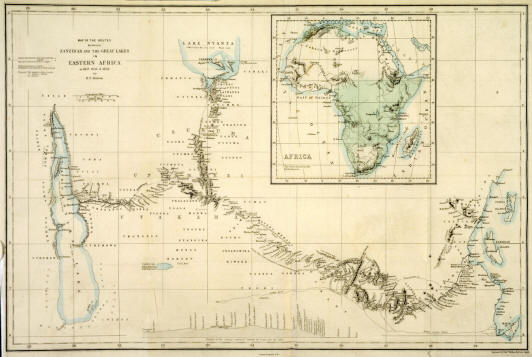The Lake Regions of Central Africa, A Picture of Exploration

First edition of 1860 in two volumes.
Longman, Green, Longman and Roberts: London.
Volume 1 PDF
Volume 1 PDF
First American edition of 1860 in one volume.
Harper & Brothers Publishers: New York.
PDF Page images.
See also the first, briefer and less rancorous, version of this work, which appeared in the Journal of the Royal Geographical Society in 1859 as "The Lake Regions of Central Equatorial Africa" and is available here in full.
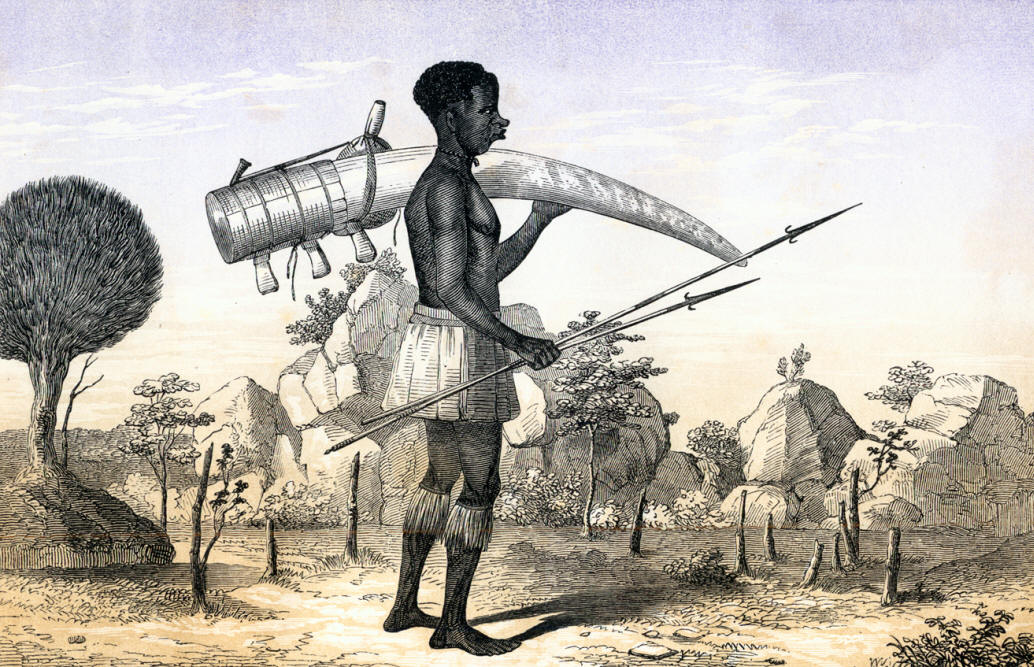
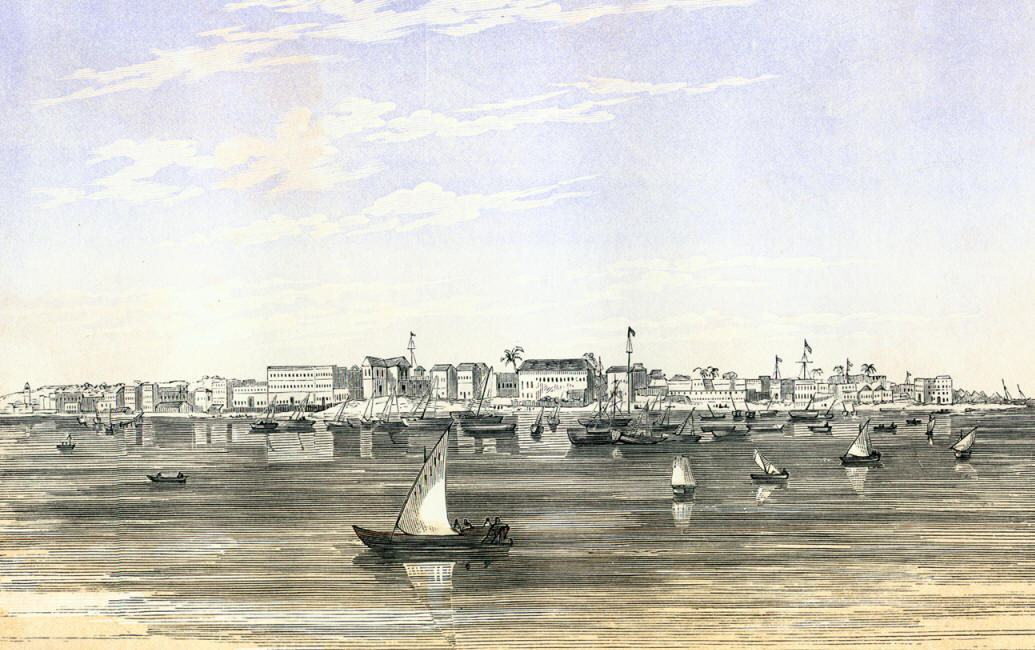
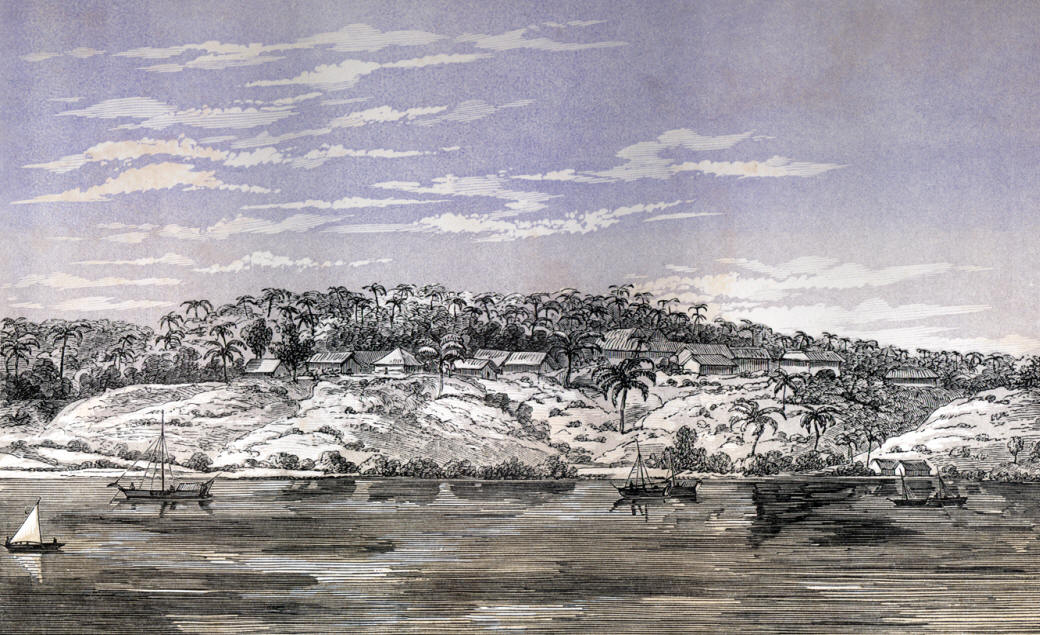
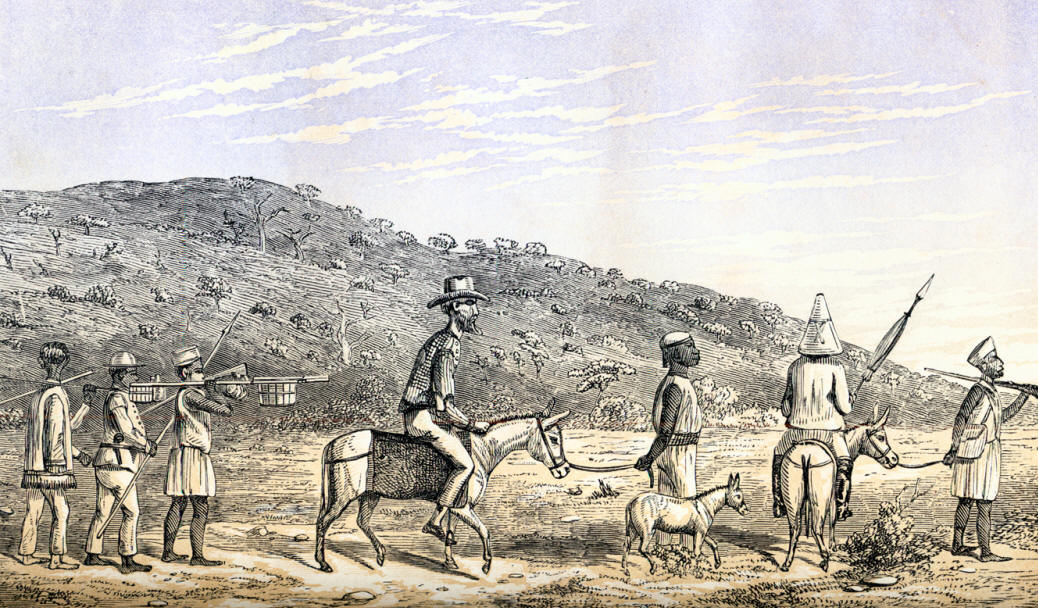
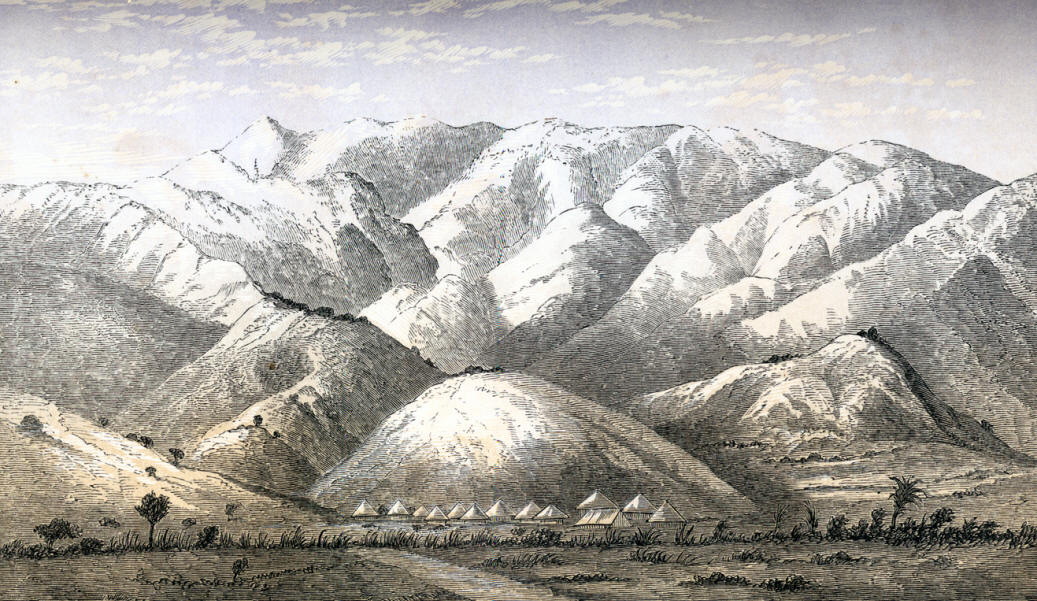
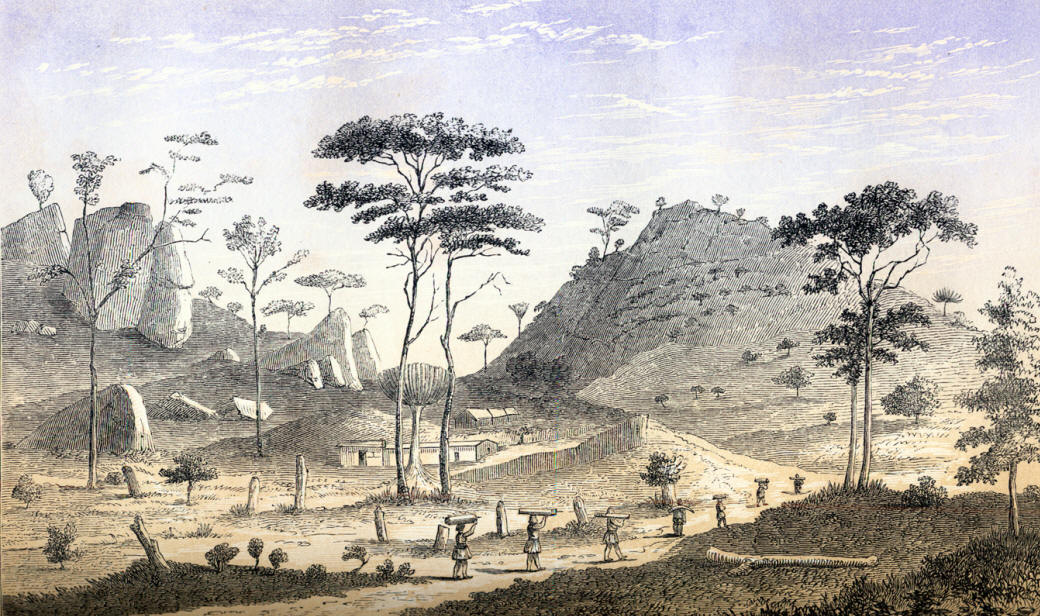
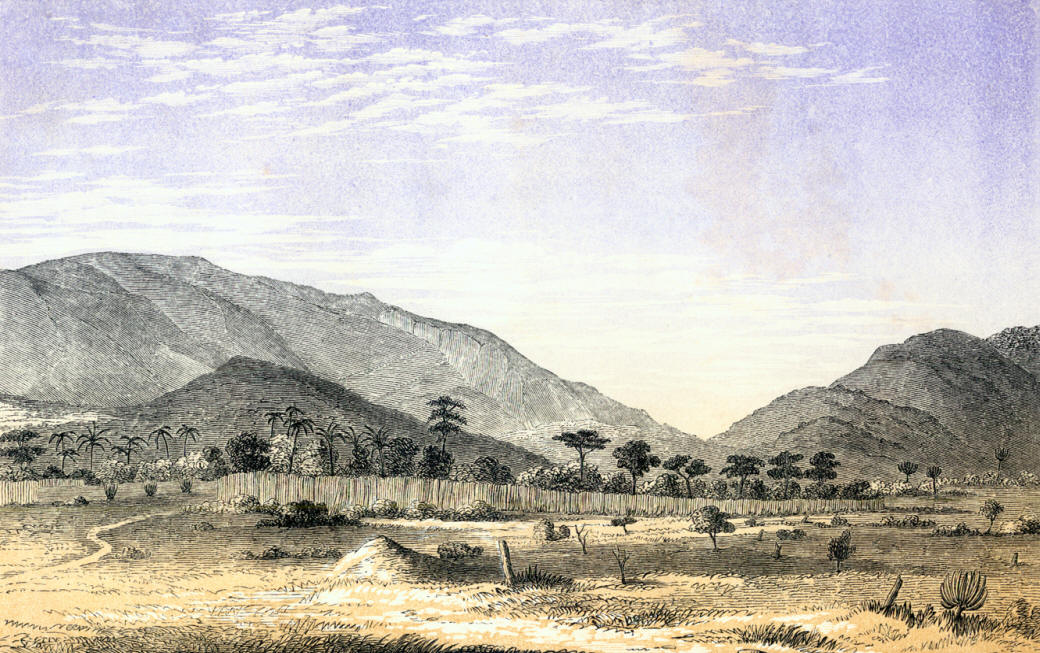
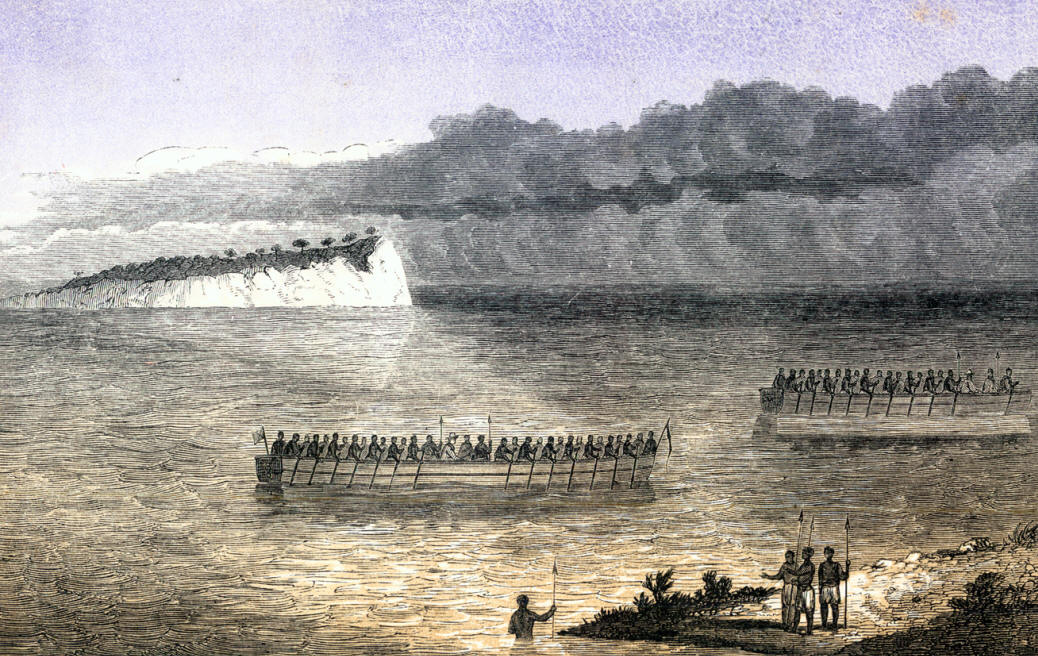
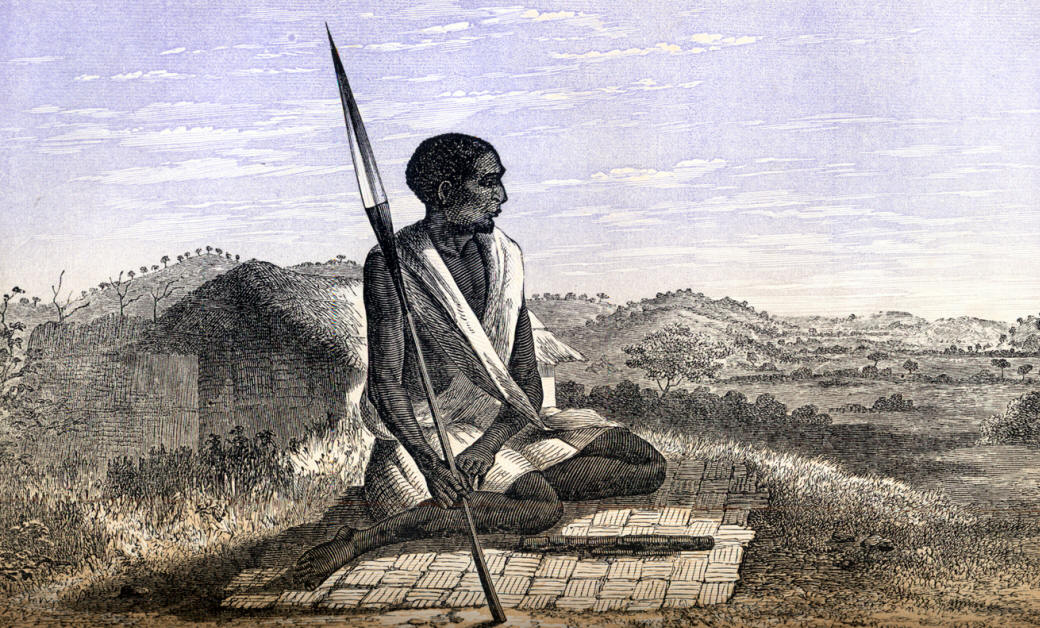
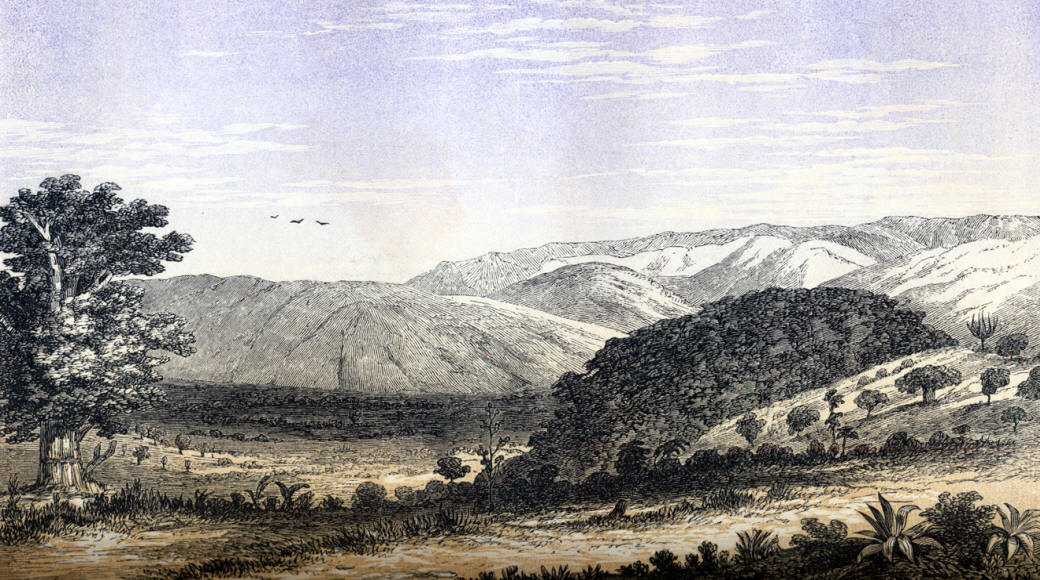
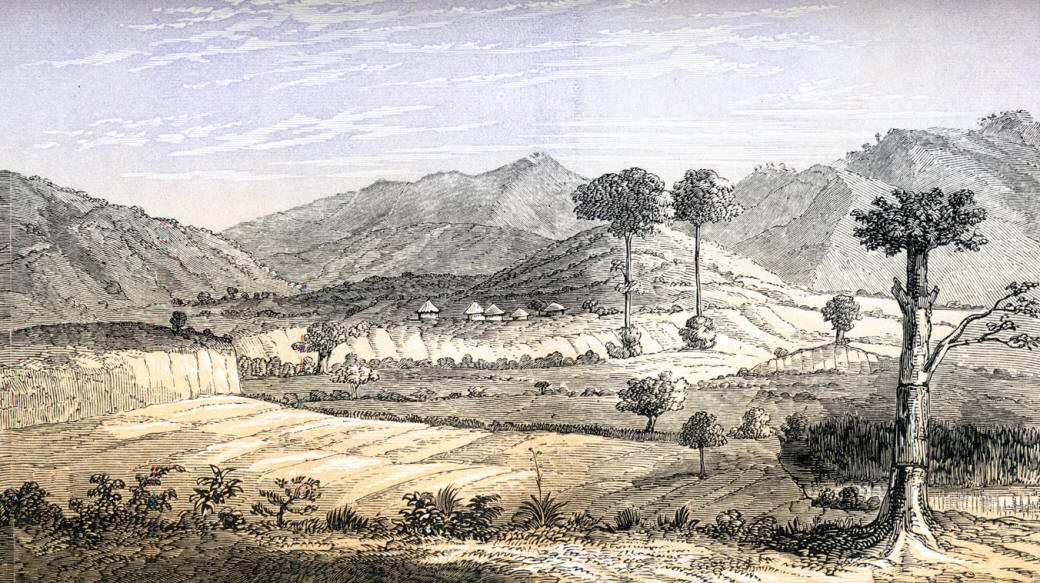
Preface.
I had intended this record of personal adventure to appear immediately after my return to Europe, in May 1859. The impaired health, the depression of spirits, and worse still the annoyance of official correspondence, which to me have been the sole results of African Exploration, may be admitted as valid reasons for the delay.
In April, 1860, the Royal Geographical Society of Great Britain honoured me by publishing a detailed paper, forming the XXIXth Volume of their Journal, from which the topographical descriptions contained in the following pages have, with their kind permission, been extracted. I have now attempted to combine with geography and ethnology, a narrative of occurrences and an exposition of the more popular and picturesque points of view which the subject offers.
When I communicated to my friends the publishers certain intentions of writing an exclusively "light work," they protested against the project, stating that the public appetite required the addition of stronger meat. In compliance, therefore, with their suggestion, I have drawn two portraits of the same object, and mingled the gay with the graver details of travel, so as to produce an antipathetic cento.
Modern "hinters to travellers" direct the explorer and the missionary to eschew theory and opinion. We are told somewhat peremptorily that it is our duty to gather actualities not inferences-to see and not to think, in fact, to confine ourselves to transmitting the rough material collected by us, that it may be worked into shape by the professionally learned at home. But why may not the observer be allowed a voice concerning his own observations, if at least his mind be sane and his stock of collateral knowledge be respectable?
I have not attempted to avoid intruding matters of a private and personal nature upon the reader ; it would have been impossible to avoid egotism in a purely egotistical narrative. The official matter, however, has been banished into Appendix II. In publishing it, my desire is to avoid the possibility of a charge being concealed in the pigeon-holes of the India House, to be produced, according to custom, with all the effect of a surprise whenever its presence is convenient. ' I know the conditions of appealing from those in office to a higher tribunal - the Public. I well know them and I accept them. Avant tout, gentilhomme!
I have spoken out my feelings concerning Captain Speke, my companion in the Expedition which forms the subject of these pages. The history of our companionship is simply this : - As he had suffered with me in purse and person at Berberah, in 1855, I thought it but just to offer him the opportunity of renewing an attempt to penetrate into Africa. I had no other reasons. I could not expect much from his assistance; he was not a linguist - French and Arabic being equally unknown to him - nor a man of science, nor an accurate astronomical observer. The Court of Directors officially refused him leave of absence; I obtained it for him by an application to the local authorities at Bombay. During the exploration he acted in a subordinate capacity; and as may be imagined amongst a party of Arabs, Baloch, and Africans, whose languages he ignored, he was unfit for any other but a subordinate capacity. Can I then feel otherwise than indignant, when I find that, after preceding me from Aden to England, with the spontaneous offer, on his part, of not appearing before the Society that originated the Expedition until my return, he had lost no time in taking measures to secure for himself the right of working the field which I had opened, and that from that day he has placed himself en evidence as the primum mobile of an Expedition, in which he signed himself "surveyor," - cujus pars minima fuit?
With deference to the reader's judgment, I venture to express a hope that whatever of unrefinement appears in these pages, may be charged to the subject. It has been my duty to draw a Dutch picture, a cabaretpiece which could not be stripped of its ordonnance, its boors, its pipes, and its pots. I have shirked nothing of the unpleasant task, - of recording processes and not only results ; I have entered into the recital of the maladies, the weary squabbles, and the vast variety of petty troubles, without which the coup d'oeil of African adventure would be more like a Greek Saint in effigy - all lights and no shade - than the chapter of accidents which it now is.
The map and the lists of stations, dates, &c., have been drawn upon the plan adopted by Mr. Francis Galton, F.R.G.S. The outline of Africa, the work of Mr. Weller, F.R.G.S., contains the latest and the best information concerning the half explored interior of the Continent. The route-map has been borrowed by permission from the laborious and conscientious compilation of Mr. Findlay, F.R.G.S., accompanying the paper forwarded by me to the Royal Geographical Society. The latter gentleman has also kindly supplied a profile of the country traversed, showing the Eastern limits of the Great Depression, and the "elevated-trough formation" of Central Africa.
In conclusion, I would solicit forbearance in all that concerns certain errors of omission and commission scattered through these pages. The migratory instinct is now hurrying me towards the New World: I have, therefore, been obliged to content myself with a single revise.
10th April,
E.I.U.S. Club, 14 St. James's square
